At the heart of Bioware’s public statement on a recent Kotaku article lies a much bigger problem, the idea that criticism lacks value.
One of the gaming industries most storied developers, a potential new billion-dollar franchise, and complete and total discord were all at the heart of a recent Kotaku article about working conditions at Bioware during the development process of Anthem. While many people had looked at the released product and seen plenty of clues about a studio that was struggling to realize its vision, the article portrayed a much sadder picture. Rather than malicious intent and shady business practices, Anthem was the result of a studio that just seemed lost during a large part of the development process. A lack of direction, proper vision, or even a clear plan on what the game was supposed to be led to a highly stressful work environment, and brutal levels of crunch, in order to get something ready to be sold.
Long term employees left, and with them went all the experience and passion that they had for the project. Anthem would eventually release as a broken product, reviews largely savaged the game’s many issues, and ultimately, even the goodwill of the most loyal fans would be eroded. Then, on Tuesday of this week, we got Jason Schreier’s article examining how bad things had been at Bioware during this time, and 15 minutes later we got a response from Bioware, to an article they simply didn’t have time to read.
The article itself was bad enough, but Bioware’s response would merely serve to increase the size of an already ballooning story about a studio that didn’t really seem to care about its staff. The response came off as aggressive and seemed to want to cast doubt on the testimony offered by countless developers over the course of Kotaku’s article.
I worked for many years in Marketing and PR, for multinational companies, and often the worst thing a company can do is have a PR response to a PR problem. Things can also go terribly wrong when you respond to a problem that is about one issue as if it is about another issue entirely.
The problem at the heart of Anthem’s development issues, and all those other worries raised by staff and former staff in Kotaku’s article is one that is well known about the games industry. We simply expect too much from people. “The health and well-being of our team members is something we take very seriously.”, is a line from the statement that clashes completely with the environment portrayed in stories from developers who worked there. Tales of people disappearing for months on end as the stress got to be too much, or just never coming back at all, are not indicative of a culture that tries to handle stress before the damage is done.
For a person, the actual human being behind the keyboard, this damage can be tough to undo. For a company, it is very simple, as you just replace the staff who are affected. Developers, and gamers have been told for years that the price of making games is that the people involved need to have a self-sacrificial attitude towards getting to work on games in the first place. Family life, health, and mental well-being can all be ignored for the good of the product. The price is worth paying once the end result is something that will sell. As an attitude, it is disturbing and wrong, and it desperately needs to change. This concept was once again on display in the line “People in this industry put so much passion and energy into making something fun.”
It is not just passion and energy; this is just pointless PR guff instead of offering a simple truth, people cost themselves their health and happiness to produce these products because we have allowed this expectation of something that is extraordinary to become routine. Both the game, and the article, all implied heavily that something was deeply wrong at the heart of the studio’s culture, and in their first opportunity to publicly face those issues head-on, Bioware sidestepped the shot. Instead, the press was wrong for exploring their inner culture, their staff were wrong for talking to that press, and it was all placed at the feet of the consumer as Bioware claimed they “did what they did” for the player.
I’m the player, and I have never once asked that some poor soul sacrifice themselves for a few pixels on a screen. Instead, I have asked repeatedly for saner considerations about how much games should cost to make, and how much they should be expected to sell. I’ve asked for staff to be treated better and to be allowed to unionize. I’ve asked that the relationship between management and the people they hire be less one way, that the idea of the work as a reward in and off itself be dropped. If Bioware did what they did for me, they would do better by their staff.
It all gets so much worse as a leaked memo from Bioware general manager Casey Hudson, which was sent out yesterday, took a very different tactic. This one was far more human, admitting that the studio had problems, and promising to work on them and make it a better place to work. Directly saying that yes, the development problems of the game and their link to a negative impact on staff well-being are true should have been part of the first statement. We know they are true, we have all the evidence that they are true, and the attempt to initially deny them comes off as underhand, indicative that the culture at Bioware is to hide issues, not solve them.
When working on massive, complex projects like Triple-A games, it is entirely possible that things can slip out of kilter. Things go wrong, and the rest of the project is spent dealing with the outcome. Doing so can be stressful, and lead to extra work for all involved, but what is important is that time is taken afterward to breath deep, think about them, recover, and then move on.
All of this was denied to staff, who had to go through the difficult process of making the game, releasing it to poor reviews, and then the great difficulty involved in actually trying to get it all working as it should. There was no room to decompress, and when the chance finally arrived to change the atmosphere in the room they were denied this as well until finally, Casey Hudson did the right thing and just said: “Yep, things have been bad, but I firmly believe we can make them better.”
A light in the dark is a powerful thing, and I honestly don’t know why Bioware’s first instinct was to deny their staff even a glimpse of it when the original story broke. All it served to do was undermine what we all knew would inevitably come after it, that is to say, the admittance that yes, things were bad and they could be fixed. It is hard to fix issues where our first instinct is defensiveness, as change can only happen when we are willing to be malleable.
Historically, I enjoy Bioware games, and I hope they fix the issues that currently affect their studio. Not because I want to get more games, just because those issues affect individuals, actual people with names and faces, who deserve to be treated better for all the sacrifices they shouldn’t have to make.

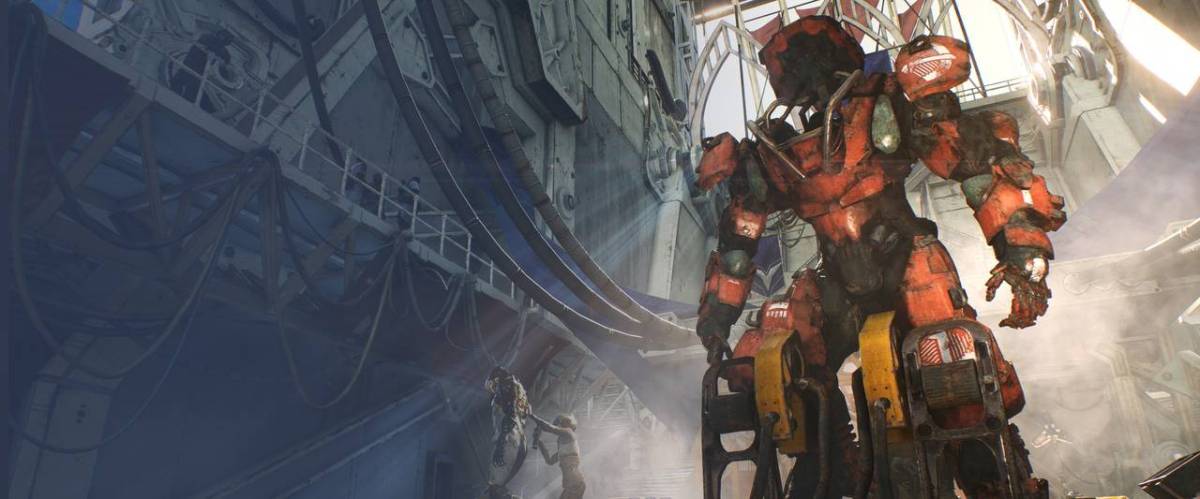
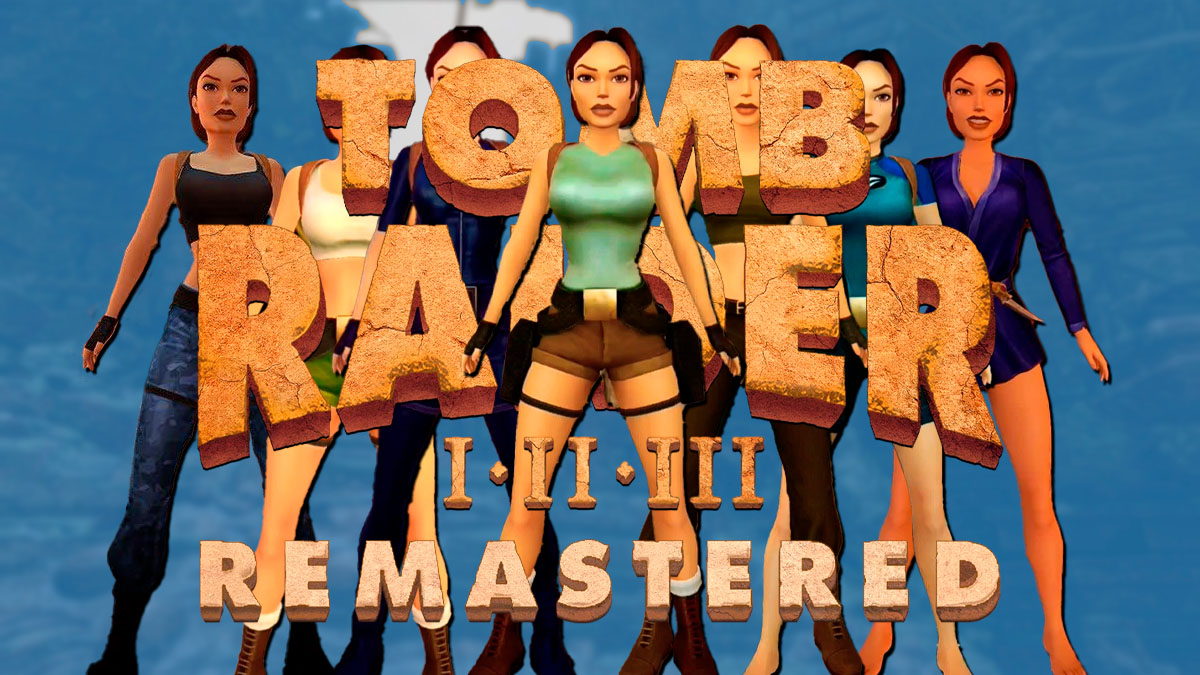
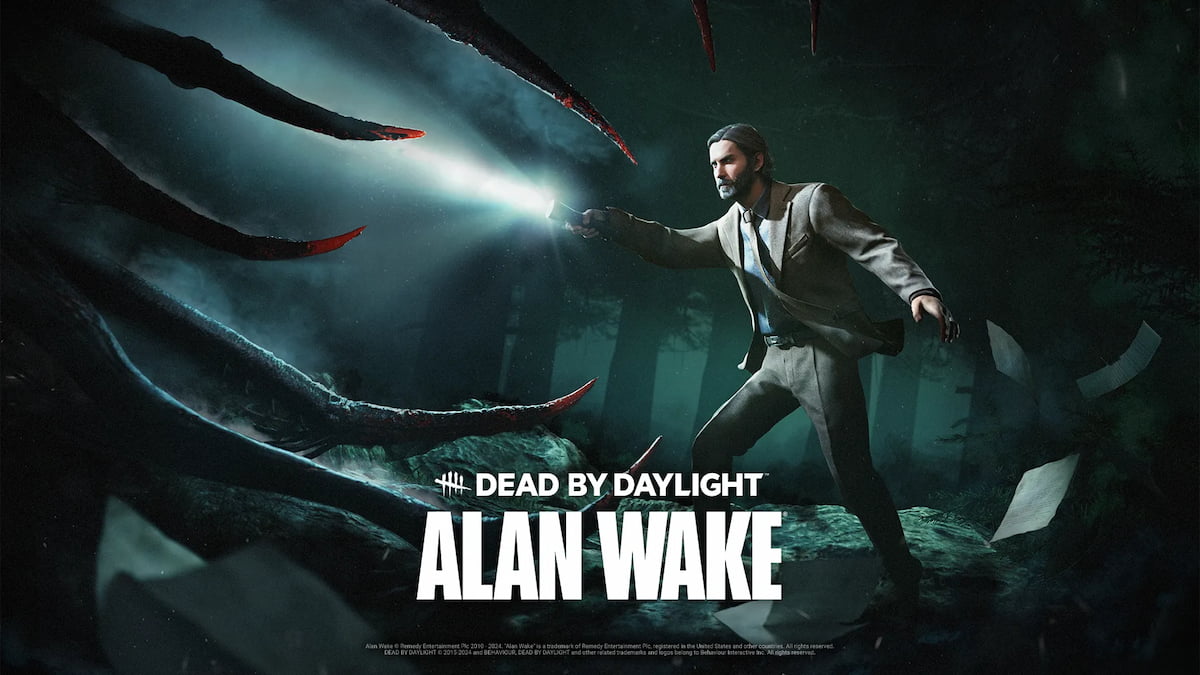
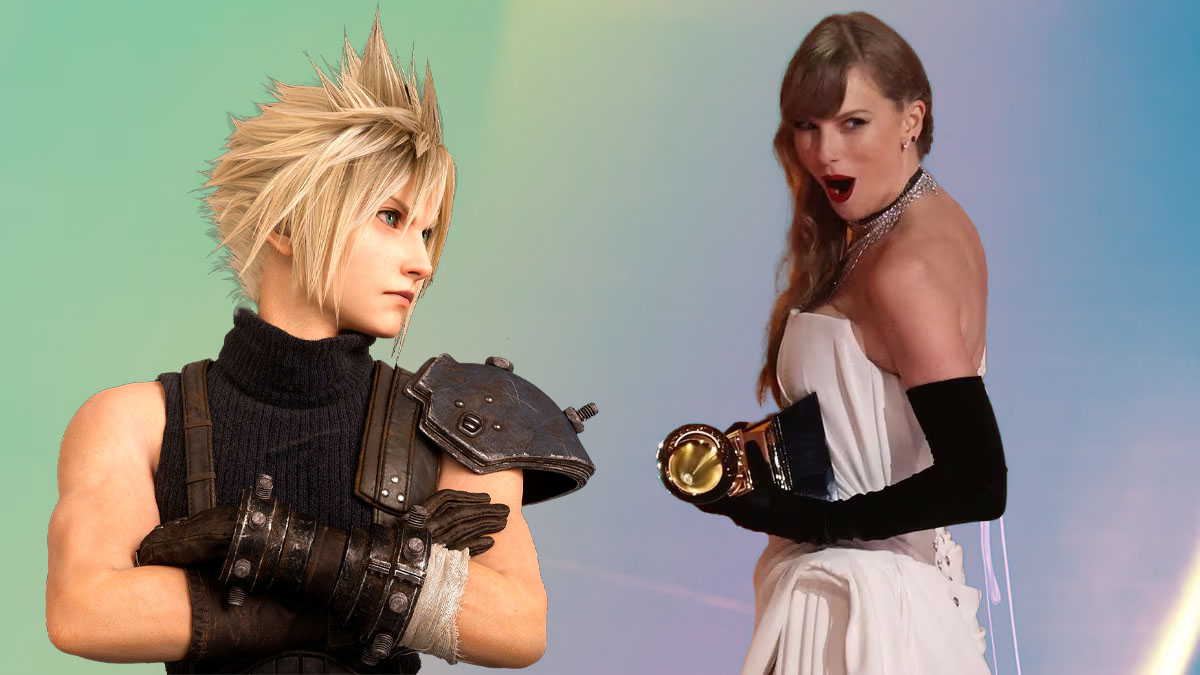

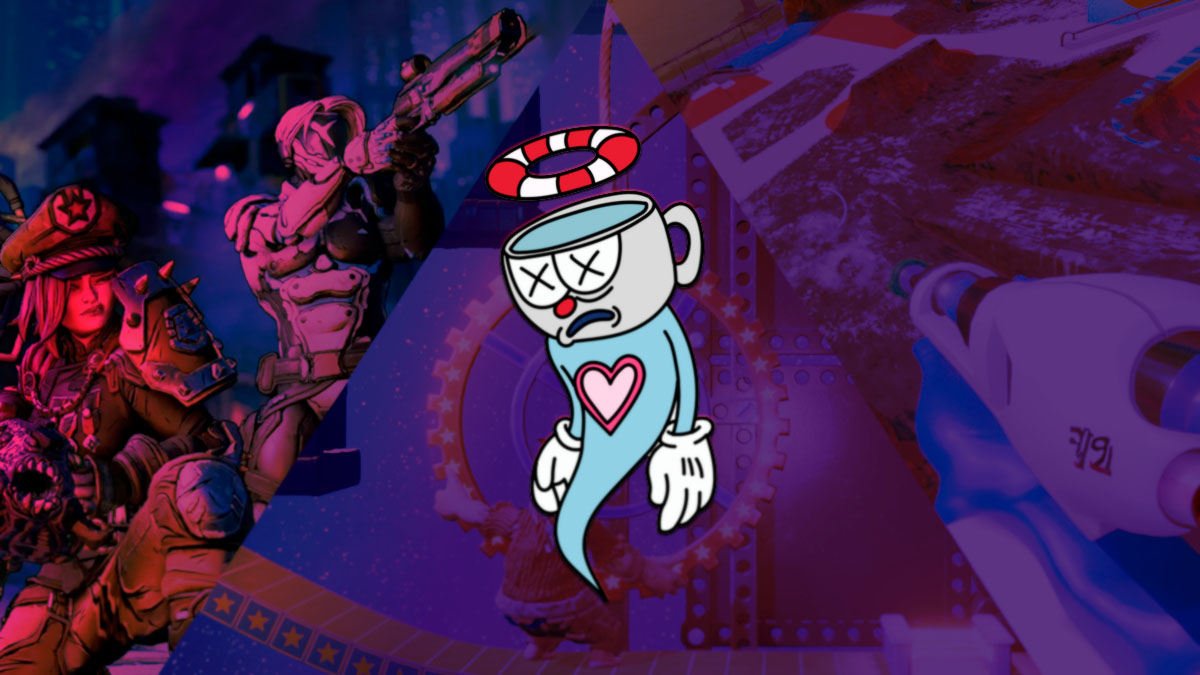
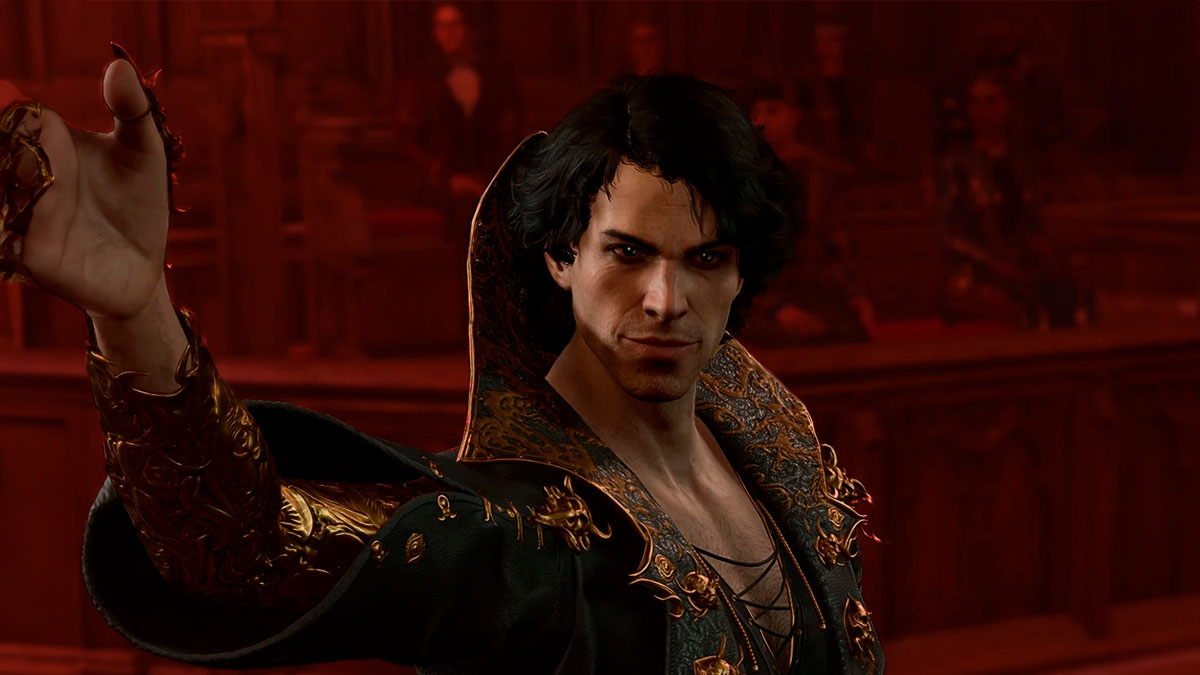
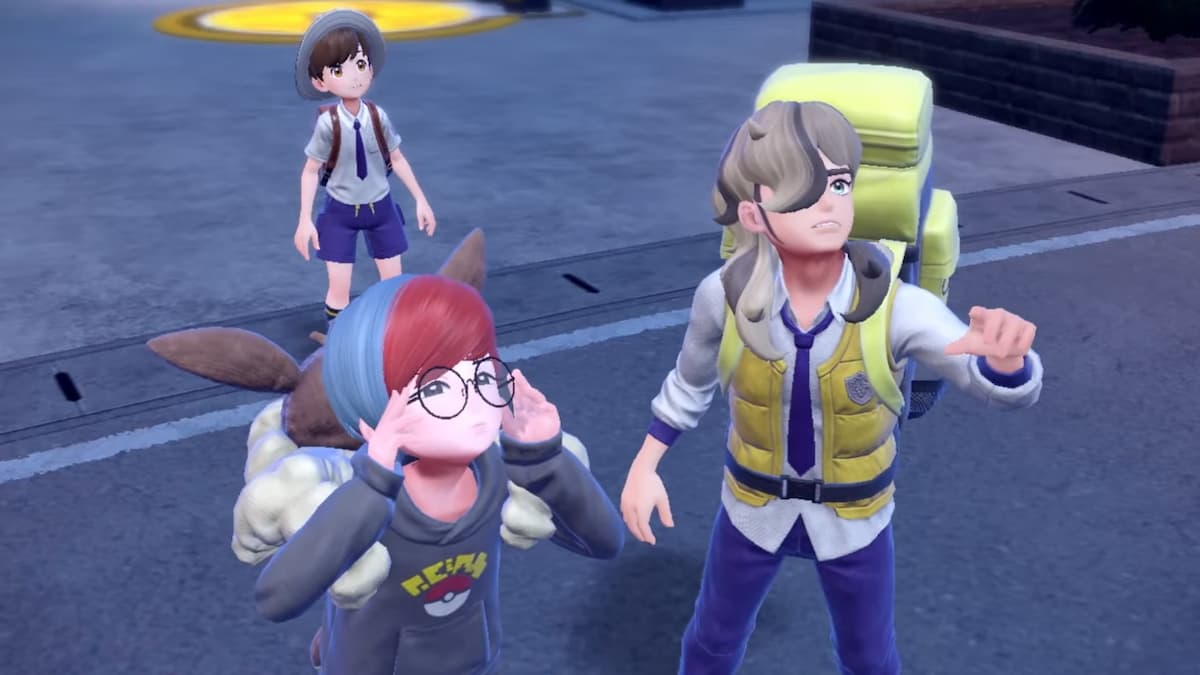
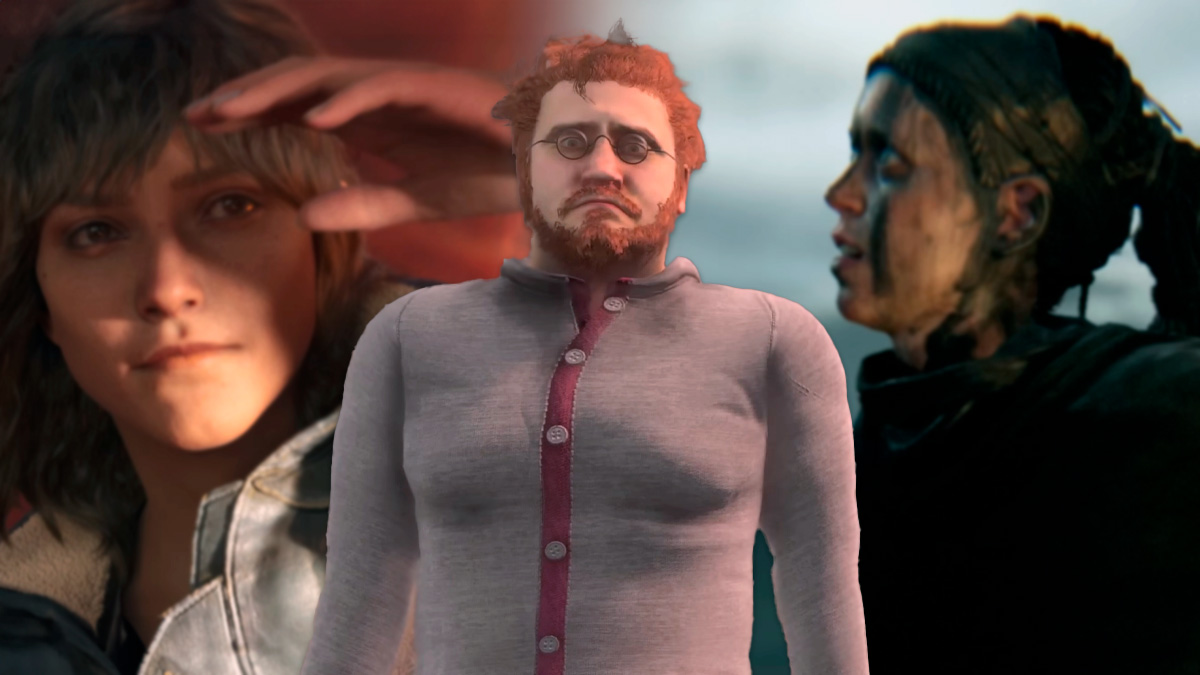
Published: Apr 4, 2019 12:27 pm